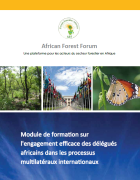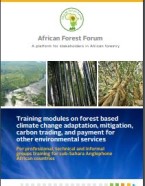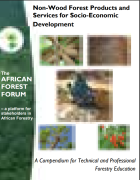Our Goals
500,000+
AFF Members
500+
AFF Staffs
50+
Africa Forest Enhancement
Delineation and goal of AFF’s work
The overall goal is to raise awareness and provide knowledge and skills to forestry practitioners, and those responsible for driving forestry development in various institutions.
In this thematic area, AFF, with appropriate partners, will work on identifying gaps in capacities, skills and knowledge at all relevant levels (government agencies, technical and academic training institutions, community associations, private business, etc.), and in developing and promoting tools and means aiming at increasing relevant capacities and skills, e.g. through training courses, teaching and education material, hand-books, technical publications, fact-sheets, etc.
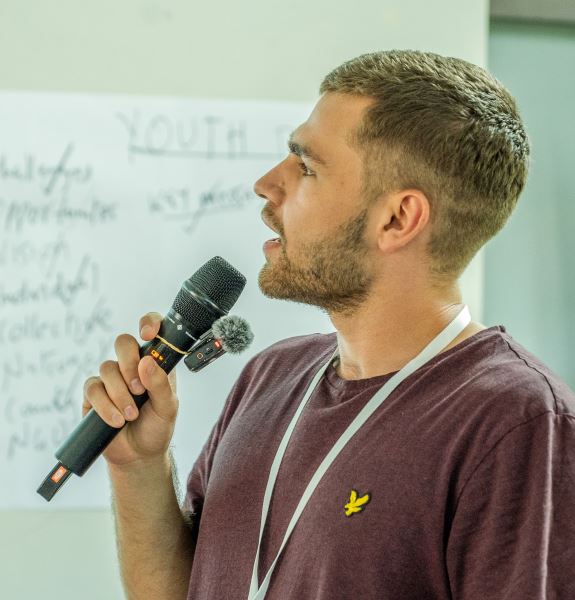
Context
The continuing shortage of capacities of African forestry and allied institutions represents a major constraint to the analysis, design and implementation of effective forest management programmes. Gaps in institutional leadership and management, as well as in skills and knowledge to develop and facilitate effective and sustained uptake of available technologies, represent perhaps the biggest challenges for SFM in Africa today. In addition to these capacity gaps in technical forest and tree resources management, entrepreneurship (specifically at community level) and policy analysis capacities represent significant weak areas. There is therefore need for the development of strategic and technical human capacity in the institutions that drive the forestry agenda at national and regional levels.
The lack of capacity is also a hindrance to the domestication and implementation of international and regional instruments, including policies and agreements related to forests (dealt with in Programme 5). To enhance effective management of forests at national and trans-boundary levels, the provision of technical and financial support is needed towards national and sub-regional governmental and non-governmental institutions dealing with forestry. Investments are needed in terms of finances, technology, training, equipment, tools and information to enhance the capacity of these institutions to effectively manage forest and tree resources.
Examples of subjects, challenges and opportunities to be addressed
Assessing gaps in capacities and skills; analyse qualitative and quantitative gaps in all relevant institutions and bodies to address both traditional forest and tree management practices and new emerging issues in forestry; key areas to assess include silviculture, tree seed improvement, community forest management, value addition and consumer requirements, protection against damage by pests and diseases, the roles and potentials of forests and trees in climate change adaptation and mitigation, and trans-boundary forest issues (hydrology, trade, bio-diversity protection, etc.).
Development of means to address the identified gaps; generate the knowledge required through studies, reviews and research – both based on activities carried out in AFF’s Programmes 1-5 (see above) and by other institutions; develop contextualized training materials (compendiums) and training modules; organise relevant training based on the compendiums developed by AFF, either in AFF’s own programme or by promoting use of such material by other training institutions.
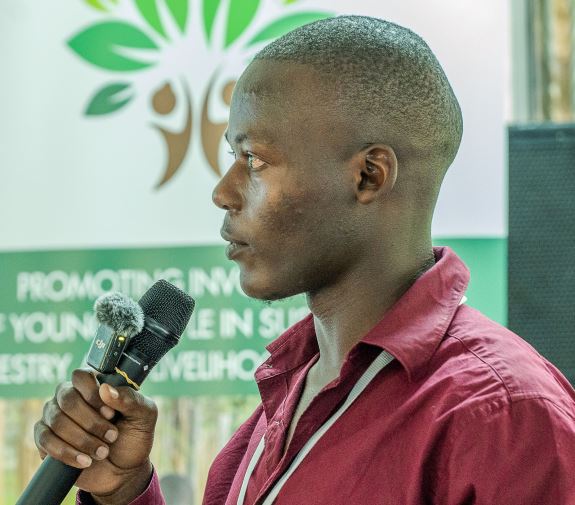
Publications
News
View More
Kenyan Youth Declare Bold Commitment to Forest Conservation and Green Economy Ahead of COP 30
Staff
Events
See AllIUCN World Conservation Congress
20th Ordinary Session of the African Ministerial Conference on the Environment (AMCEN-20)
6th World Congress on Agroforestry (WCA2025)
Knowledge Products
View MoreImpact Stories
View More 
Championing gender equality to boost forest conservation in Cameroon
Women make up more than half of Cameroon’s 27 million citizens. About 70% of these women live in rural areas. Many of them harvest wild forest products to help sustain their families. However, community rules often work against them. In some areas they can’t own land or inherit it from their husbands. In others, women are prohibited from planting trees on degraded land.


